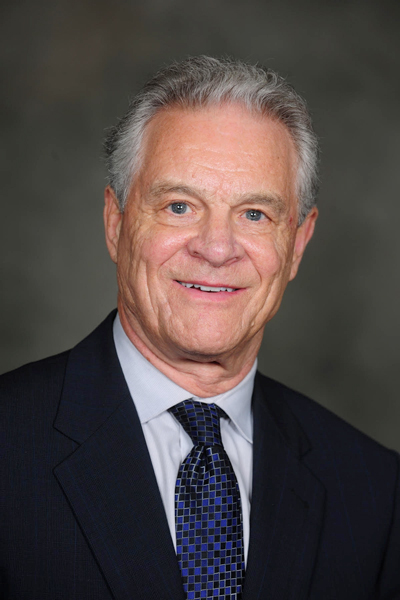Home » News & Stories » Game Changer for Asthma
Game Changer for Asthma

Eagle Eye on Health – Eagle Times article: New Treatment at VRH Helping Asthmatics Breathe Easier
CLAREMONT, NH–“For many people, it’s a game changer for their asthma.” That’s what Valley Regional Hospital Director of Respiratory Services Dr. Donald Mahler said of biologic therapy. “It’s relatively new and we have the ability here at Valley Regional to use the biologics as part of the treatment plan.”
“Biologics target the inflammation pathway and help basically reduce the inflammation,” Mahler said. They are injected under the skin and cannot be taken orally.
Presently, there are five biologics, which are monoclonal antibodies. They are, “a class of medicines that have been developed not only
for asthma [but] rheumatoid arthritis…targeted cancers…it’s a broad area of certain proteins that are injected into the body,” Mahler said.
“Asthma is a very common problem,” Mahler said. It can occur in childhood or develop later in life. It’s characterized by, “shortness of breath, wheezing, chest tightness, coughing…it’s important to try to figure out what triggers might aggravate someone’s asthma. People basically see their healthcare professional for routine evaluation unless that person’s having increased symptoms. There are numerous inhaled medications available to treat asthma. Part of asthma is inflammation inside airways.”
Respiratory infections, air pollution, bronchitis and smoke can cause further inflammation and constrict or narrow the airways. According to Mahler, “the job is to try to identify these triggers and then treat with inhaled therapies that include anti-inflammatory medications.” If poor control of asthma symptoms persists, Mahler conducts blood tests to identify what type of inflammation is going on. “If they do not respond with good control with standard inhaler medicines, then we would consider starting a biological treatment.
A lot of these individuals have been on different doses of prednisone…a strong anti-inflammatory… we don’t like to use prednisone long term,” he said, because of side effects.
Mahler said that biologics can take time before they work so follow-ups are scheduled where he assesses progress and runs breathing tests. In addition to reducing symptoms, the goal is also to simultaneously decrease the use of prednisone.
The Infusion Suite at VRH was initially used to administer chemotherapy but biologics therapy, which is given subcutaneously, is now provided there, unless patients want to self-administer the treatments at home.
“For patients there are two options. They could come to a healthcare facility… or do it at home.” In the Infusion Suite, “We have them get the injection; wait just to make sure there are no adverse side effects,” before returning home, Mahler said.
“For some individuals, it’s easier for them to come here. They may not feel comfortable doing the auto injection at home,” he said. There is also the added benefit of developing a personal relationship with nurses on site and receiving communal support.
The comfort of staying at home is welcomed by some patients. It may seem counter-intuitive, but a regular exercise routine is helpful in addition to standards treatment, as many patients naturally reduce physical activities due to shortness of breath and get, “out of shape or deconditioned.
Studies show the more fit an individual is with asthma the better the asthma control,” he stated, adding that it is an “additional part of overall treatment.” This may include cardiac and pulmonary rehabilitation and supervised exercise. These programs are also offered on site at Valley Regional Hospital.
“Nothing works 100 percent of the time. On the other hand, I would say the vast majority of patients I’ve seen…show improvement,” Mahler said of biologics.
As to the potential success of the treatment, VRH Respiratory Therapy Manager Scott Astle had this to say: “Asthma can be debilitating for some patients. One of our patients experienced severe wheezing and shortness of breath, to the point that it affected their everyday life. Dr. Mahler was able assess and evaluate the patient’s condition to appropriately prescribe medication for their needs. I couldn’t get over the improvement that I saw with their breathing and the positive impact that it had on the patient’s quality of life. I am very excited and proud of this service we are able to provide to our community.”
By Meaghan Breen Eagle Times Health Correspondent
July 8, 2023
Link to article: New Treatment at VRH Helping Asthmatics Breathe Easier
